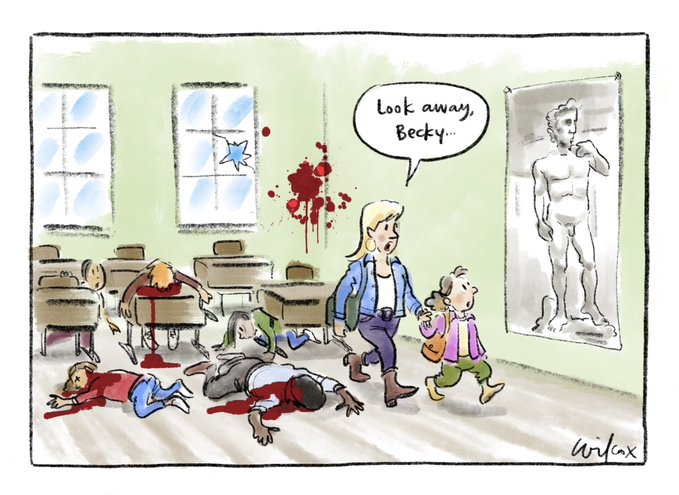This short sprint to the starting gate of a review of Richard Wolin’s solid “Anti-Heidegger,” his recent polemical book Heidegger in Ruins (Yale University Press, 2023).
Fifty years ago, Walter Kaufmann had already reduced Being and Time to bare life, noting how abusive Heidegger’s German was; how evident but unremarked the bleak mood during and after Germany’s World War I defeat, reappearing as Heidegger’s mood of “anxiety” (think: trench warfare) and as a requirement for authenticity; how close to plagiarism were Heidegger’s views on being-toward-death, considering Tolstoy’s The Death of Ivan Ilyich.
Kaufmann is droll and incisive on the academic resistance to criticism of Heidegger even in Heidegger’s own time. After declaring that classical scholars found Heidegger’s reading of a fragment of Anaximander to be untenable; that Heidegger’s interpretation of Kant “was widely repudiated by Kant scholars”; and that professors of literature considered Heidegger’s readings of Hölderlin, Rilke, and Trakl, among others, way stations to the destruction of German literature, Kaufmann concludes: “Even so (emphasis added, SC; read closely!), some who know their Kant are awed by the erudition of Heidegger’s classical interpretations; Nietzsche scholars find his Rilke essay stimulating and profound; and Rilke scholars bow before his Nietzsche exegesis.”[i]
Read more




